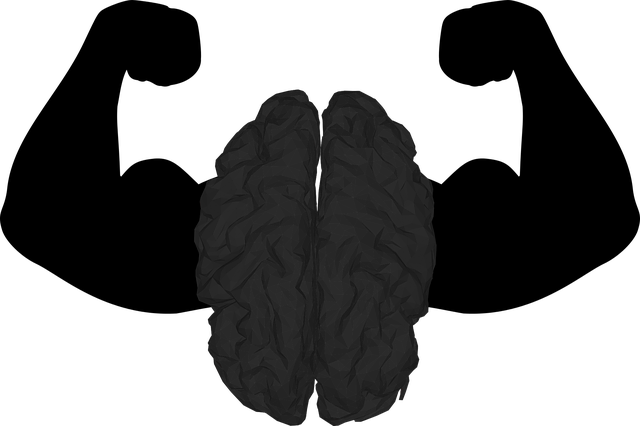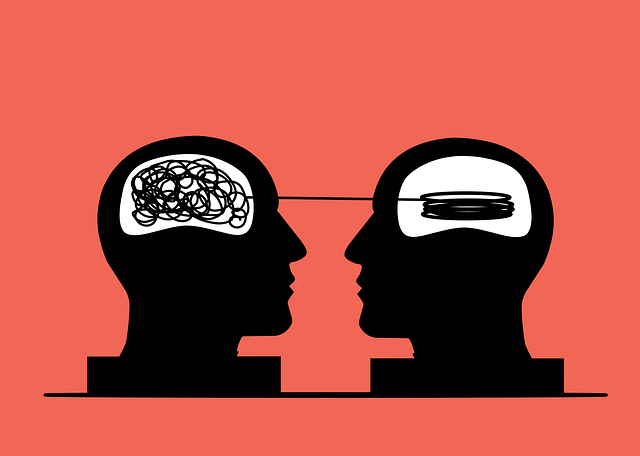Cultural competency in healthcare, as seen in Arvada Sexual Abuse Survivor Therapy (ASAT), is crucial for providing equitable and effective care. Overcoming biases and understanding cultural differences in health beliefs enhances patient satisfaction and access to services. ASAT offers a comprehensive approach, integrating mindfulness, journaling, and social skills training to support survivors' holistic recovery. Specialized training programs equip healthcare providers with the sensitivity needed to create safe spaces, improve engagement with treatment, and ultimately lead to better health outcomes for marginalized communities.
Healthcare provider cultural competency training is an essential framework that addresses biases and improves patient care, especially among diverse populations. This article delves into the critical need for such training, highlighting its impact on patient outcomes. We explore case studies like Arvada Sexual Abuse Survivor Therapy, demonstrating the power of cultural sensitivity in specialized care. Additionally, we provide insights on designing effective training programs to foster inclusive healthcare environments.
- Understanding Cultural Competency in Healthcare: A Necessary Framework
- The Impact of Cultural Biases on Patient Care and Outcomes
- Arvada Sexual Abuse Survivor Therapy: A Case Study in Cultural Sensitivity
- Designing and Implementing Effective Training Programs for Healthcare Providers
Understanding Cultural Competency in Healthcare: A Necessary Framework

Cultural competency in healthcare is a foundational concept that ensures providers can offer empathetic and effective care to patients from diverse backgrounds. It involves understanding, appreciating, and respecting cultural differences in beliefs, values, and behaviors related to health and wellness. This framework is essential in addressing healthcare disparities and improving patient outcomes, especially for marginalized communities like Arvada Sexual Abuse Survivor Therapy clients.
In the context of mental health services, a culturally competent approach is crucial. Mental Health Policy Analysis and Advocacy plays a significant role in shaping policies that promote equity and access to care. By incorporating practices such as Mindfulness Meditation and Self-Care Routine Development for Better Mental Health, healthcare providers can create inclusive environments, ensuring that all individuals feel heard, understood, and supported. This holistic approach not only enhances patient satisfaction but also facilitates better engagement and adherence to treatment plans.
The Impact of Cultural Biases on Patient Care and Outcomes

Cultural biases among healthcare providers can significantly impact patient care and outcomes, especially for marginalized communities. These biases, often unconscious, can lead to miscommunication, inappropriate treatment, and a lack of trust between patients and caregivers. For instance, a cultural or linguistic barrier might hinder a patient’s ability to express symptoms accurately, resulting in delayed diagnosis and treatment. This is particularly relevant for Arvada Sexual Abuse Survivor Therapy, where sensitive cultural considerations are paramount to creating a safe and supportive environment.
In the context of public awareness campaigns development and community outreach program implementation, addressing these biases is crucial. Promoting diverse healthcare workforces and encouraging self-care practices that foster cultural sensitivity can help mitigate potential harm. By recognizing and challenging implicit biases, healthcare providers can ensure they offer equitable care, improve patient satisfaction, and ultimately contribute to better health outcomes for all individuals, regardless of their background or identity.
Arvada Sexual Abuse Survivor Therapy: A Case Study in Cultural Sensitivity

Arvada Sexual Abuse Survivor Therapy (ASAST) serves as a compelling case study in cultural sensitivity within healthcare provider training. This program focuses on empowering survivors to heal from traumatic experiences by offering specialized services tailored to their unique needs and cultural backgrounds. Through comprehensive approaches, ASAST goes beyond traditional therapy, integrating stress reduction methods like mindfulness techniques and mental wellness journaling exercise guidance to address the complex psychological effects of sexual abuse.
The program also emphasizes social skills training, crucial for survivors re-integrating into community settings while navigating potentially challenging interactions. By fostering an environment that respects and validates diverse cultural perspectives, ASAST ensures survivors feel understood and supported throughout their healing journey. This holistic approach not only enhances recovery outcomes but also underscores the importance of culturally competent care in addressing sensitive issues like sexual abuse.
Designing and Implementing Effective Training Programs for Healthcare Providers

Designing and implementing effective training programs for healthcare providers requires a nuanced approach that goes beyond surface-level knowledge transfer. It involves creating immersive experiences that foster genuine understanding and empathy, especially when addressing sensitive topics like Arvada Sexual Abuse Survivor Therapy. Incorporating interactive workshops, role-playing scenarios, and diverse case studies allows professionals to navigate complex patient interactions with enhanced cultural sensitivity. By encouraging self-care practices alongside mindfulness techniques, healthcare workers can maintain emotional resilience while providing compassionate care.
The curriculum should emphasize empathy building strategies that go beyond basic communication skills. Teachings should delve into the psychology of trauma, promoting a deep understanding of survivors’ experiences and fostering an environment where patients feel heard and respected. Integrating mind over matter principles can empower providers to address both the physical and mental aspects of healing, ensuring holistic patient care tailored to individual needs.
Healthcare provider cultural competency training is not just a best practice, but an indispensable tool for delivering equitable care. As highlighted by the case study on Arvada Sexual Abuse Survivor Therapy, sensitive approaches can significantly improve patient outcomes and satisfaction. By addressing cultural biases and implementing effective training programs, healthcare organizations can create safer, more inclusive environments. This, in turn, fosters better communication, trust, and respect among diverse patient populations, ultimately enhancing the quality of care for all.













